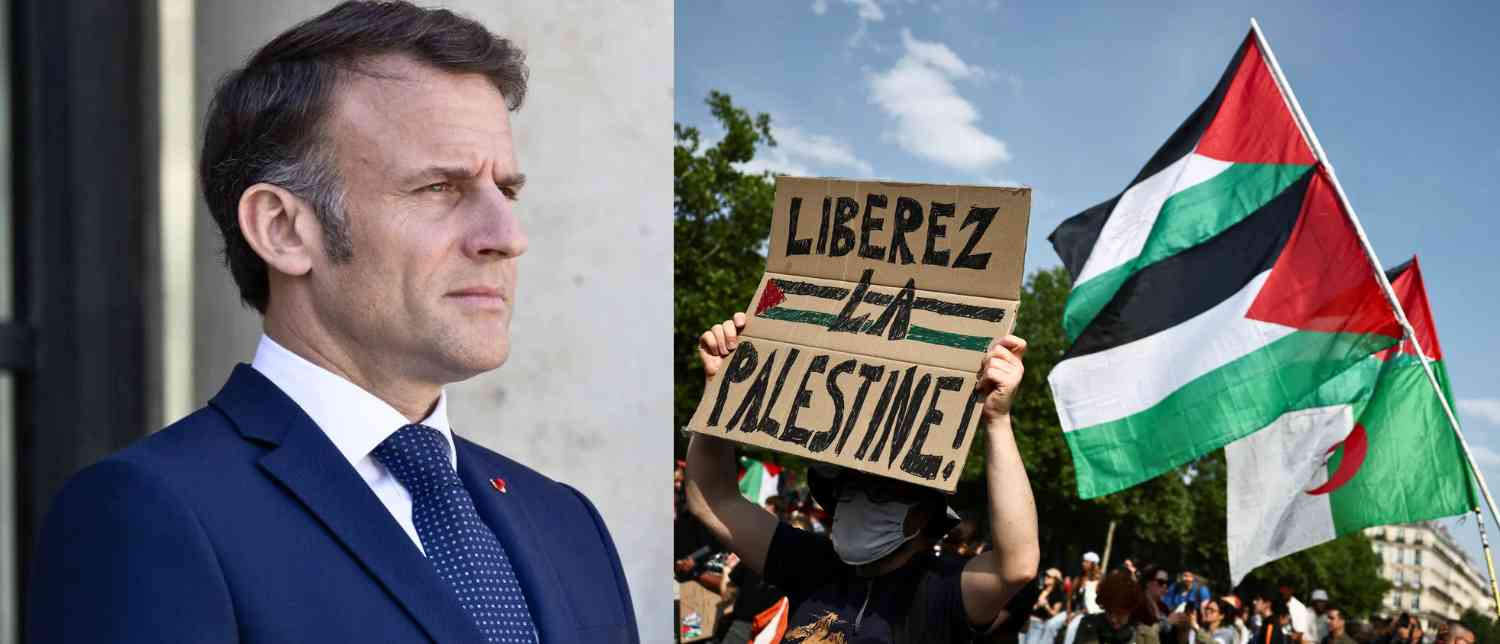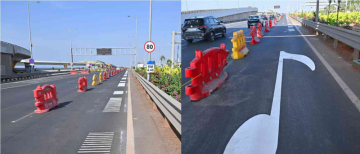Recently, France declared its formal recognition of the State of Palestine during a high-profile United Nations meeting dedicated to discussing a peaceful resolution for the Israeli-Palestinian conflict. This decision by France adds to a growing number of countries that have already acknowledged Palestine as an independent state, marking a notable shift in the international community’s stance on this long-standing issue.
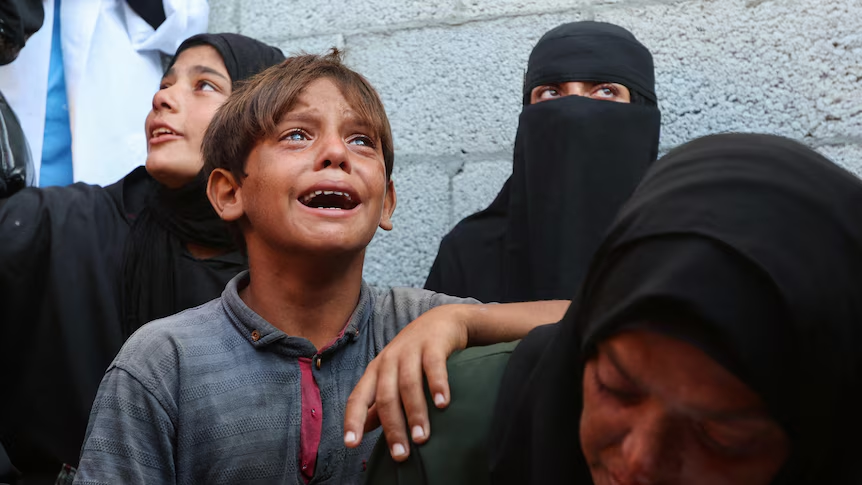
France's Recognition and Its Significance
On September 22, 2025, French President Emmanuel Macron announced at the United Nations that France recognizes Palestine as a sovereign state. France co-hosted a conference at the UN focused on reviving the two-state solution, where Israel and Palestine would exist peacefully side by side. Macron emphasized that recognizing Palestine aligns with France’s historic commitment to peace in the Middle East and supports Palestinian efforts to choose dialogue and peace over conflict and terrorism.
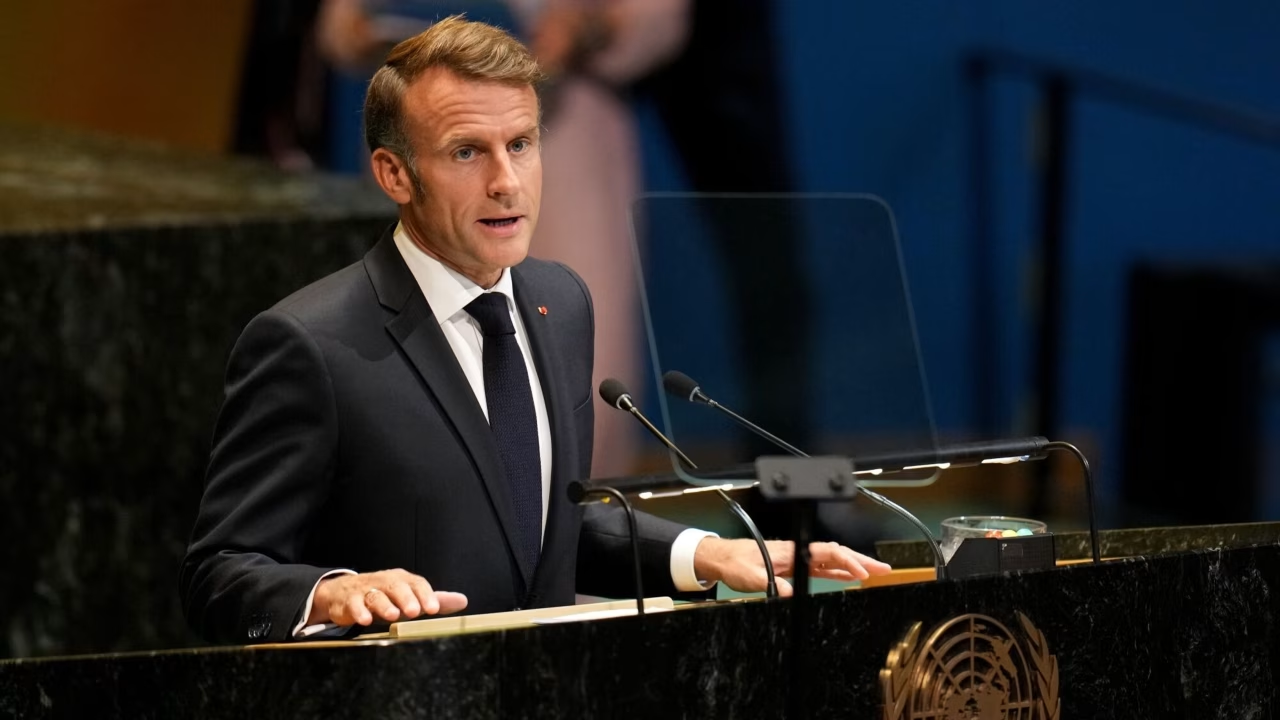
This move places France alongside other Western countries like Britain, Canada, Australia, Portugal, Belgium, Luxembourg, and Malta, which have also declared recognition of Palestine in recent days. Overall, more than 150 countries worldwide now officially recognize the State of Palestine, illustrating a widespread international desire to address the unresolved conflict.
The Context and Background
The Israeli-Palestinian conflict has been ongoing for decades, with efforts to reach a peaceful solution frequently stalling. The two-state solution, endorsed by many nations and international bodies since the 1993 Oslo Accords, aims to create an independent Palestinian state living peacefully beside Israel. However, this plan has faced numerous challenges, including violence, territorial disputes, political disagreements, and skepticism from both sides.
_1758606909.jpg)
France’s recognition comes nearly two years after a significant escalation in violence in Gaza, which caused severe humanitarian crises and led to heightened tensions globally. The recognition is intended to reaffirm support for Palestinians who renounce violence and seek peaceful statehood, while also highlighting the need for renewed international efforts to achieve a lasting peace.
From a diplomatic standpoint, recognizing Palestine is largely symbolic but highly important. Symbolically, it strengthens the legitimacy of Palestinian statehood on the world stage and puts pressure on Israel, which has opposed such unilateral recognitions, arguing that they reward terrorism and complicate peace efforts. Some countries like the United States and Israel have boycotted the recent UN conference and reject the move, stating the two-state solution is no longer feasible after certain recent conflicts.
However, supporters contend that this recognition is not a reward for conflict but a necessary assertion of the Palestinian people’s right to self-determination and a call for peace negotiations. UN Secretary-General António Guterres, speaking at the recent meeting, described the right to Palestinian statehood as fundamental and cautioned that denying this right could empower extremists globally.
What This Means for the Future
While France’s recognition does not immediately alter the situation on the ground, it contributes to a shifting international atmosphere that may encourage renewed dialogue. It also highlights the growing isolation of Israel’s current positions in the global community, as many countries embrace Palestinian statehood as part of their foreign policy.
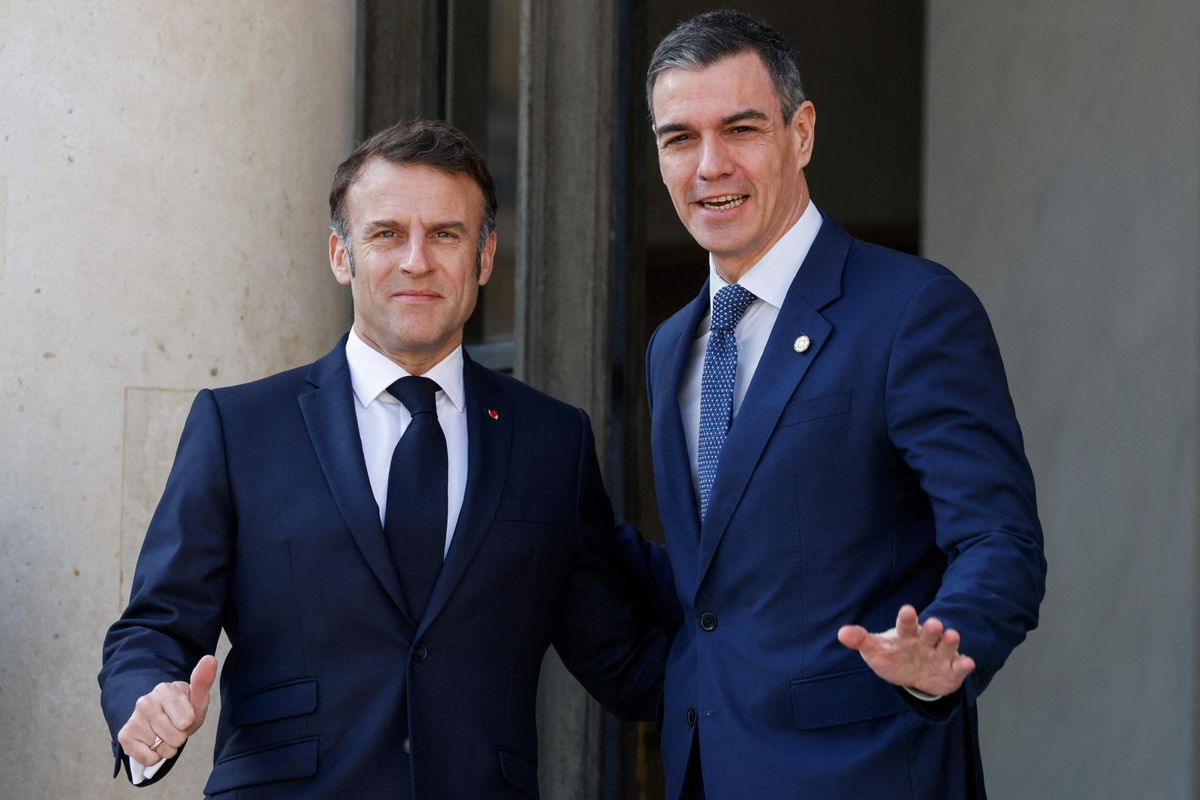
This wave of recognition could increase diplomatic and economic pressures on all parties to consider renewed peace talks and address humanitarian concerns in Gaza and the West Bank. However, observers remain cautious, as on-the-ground realities such as Israeli military actions, settlement expansions, and divisions within Palestinian leadership present ongoing obstacles.
The recognition of Palestine by France and other nations underscores the deep complexities in the Israeli-Palestinian conflict. While it symbolizes hope for many seeking a peaceful resolution and justice, it also risks escalating diplomatic tensions and could complicate efforts to bring all parties to the negotiating table.
The path forward requires balancing respect for the rights and security of both Israelis and Palestinians while fostering dialogue, compromise, and mutual understanding. International recognition of Palestine may serve as a step toward this long-term goal, but peace will likely depend on continued efforts from all involved stakeholders, including regional powers and global actors.
_1758607003.jpeg)
In summary, France’s recognition of the State of Palestine is a significant gesture within the broader international community's evolving position. It signifies growing support for Palestinian statehood and a renewed push for a two-state solution, yet it also highlights ongoing challenges. Whether this marks a true turning tide remains to be seen but it undeniably adds momentum to the call for peace. The coming months and years will be crucial to observe how this development impacts the Israeli-Palestinian conflict and the global pursuit of peace and security in the region.
With inputs from agencies
Image Source: Multiple agencies
© Copyright 2025. All Rights Reserved. Powered by Vygr Media.

